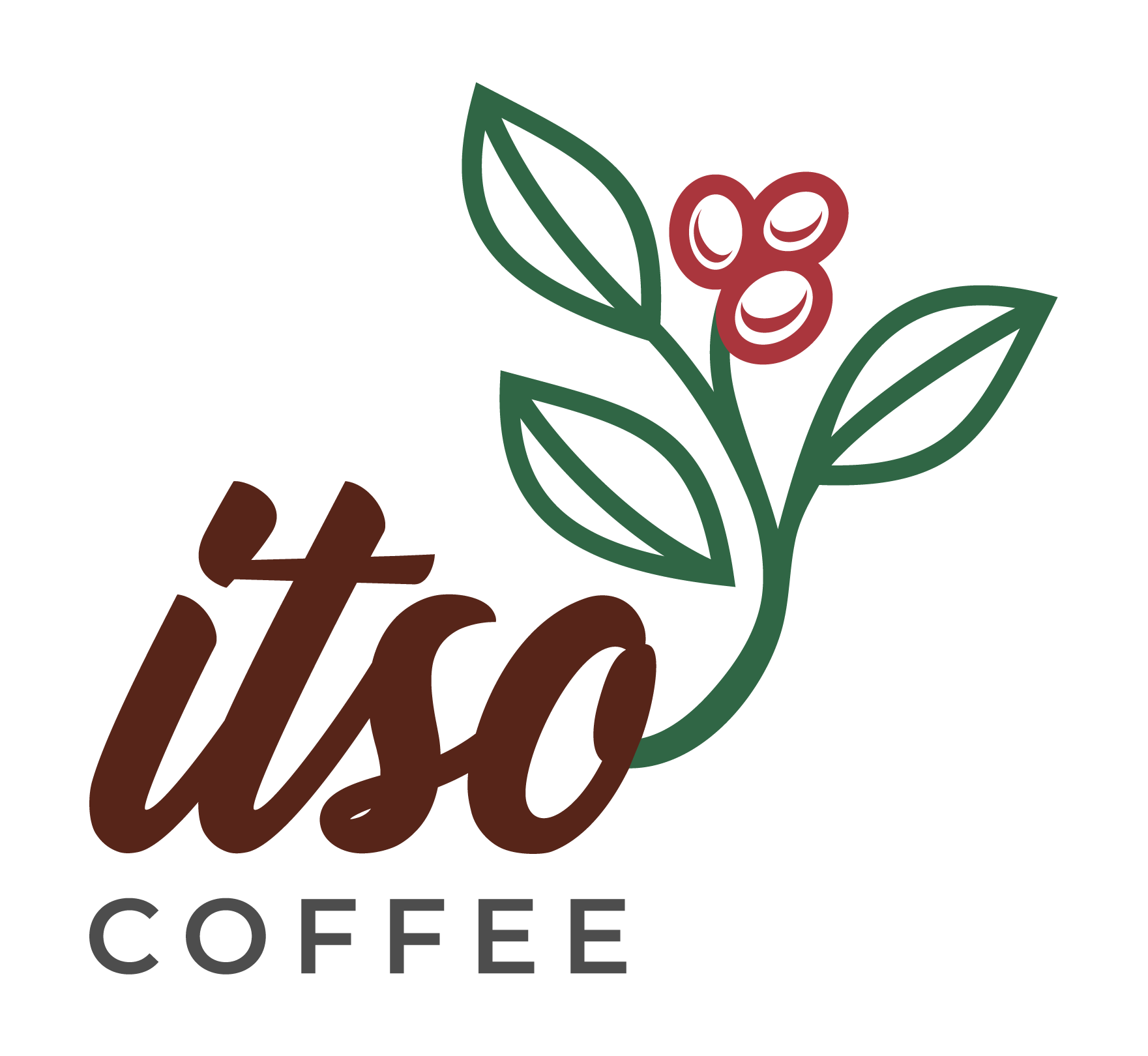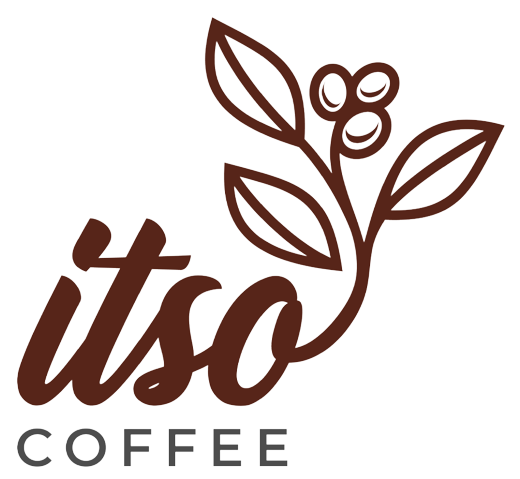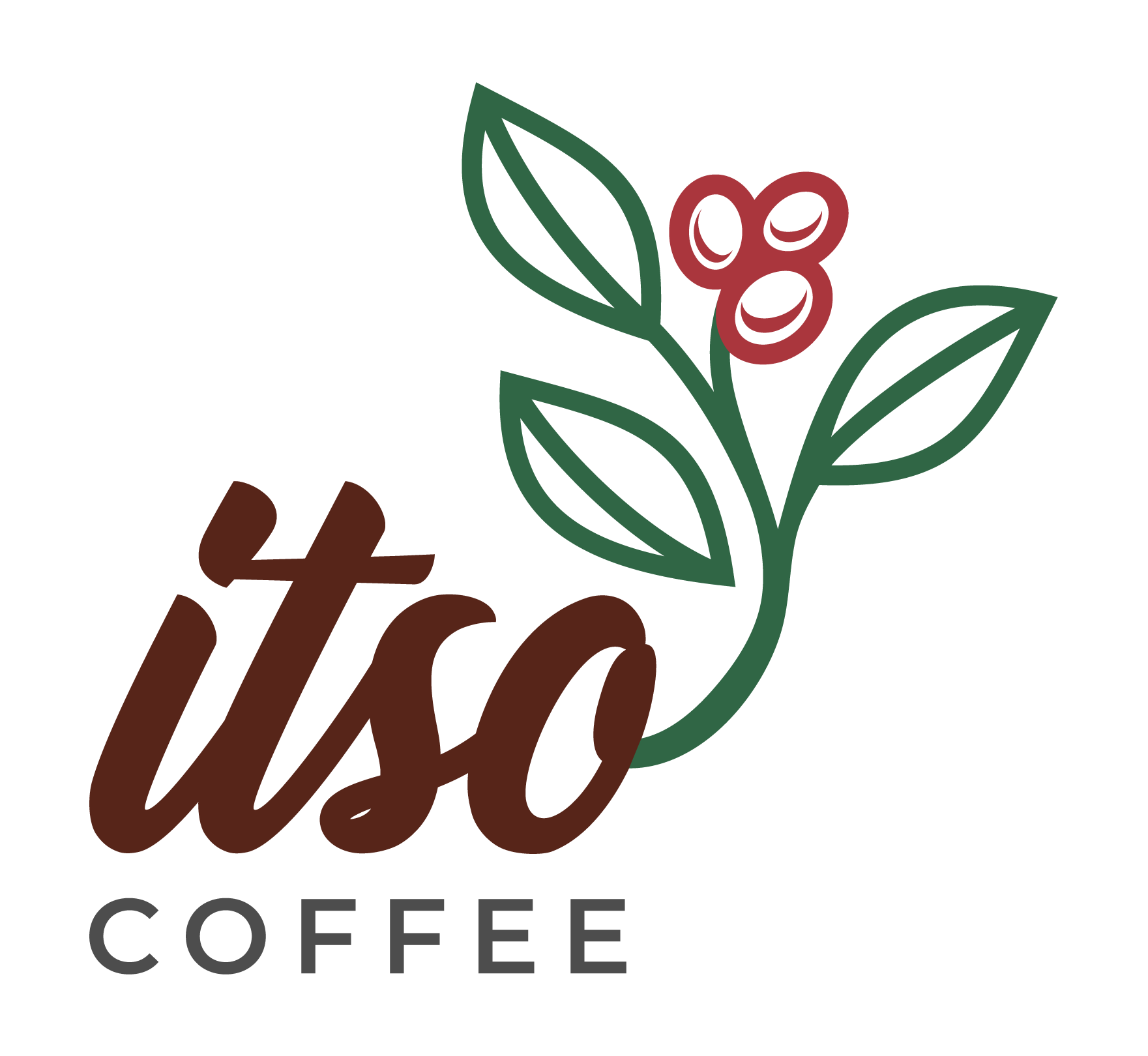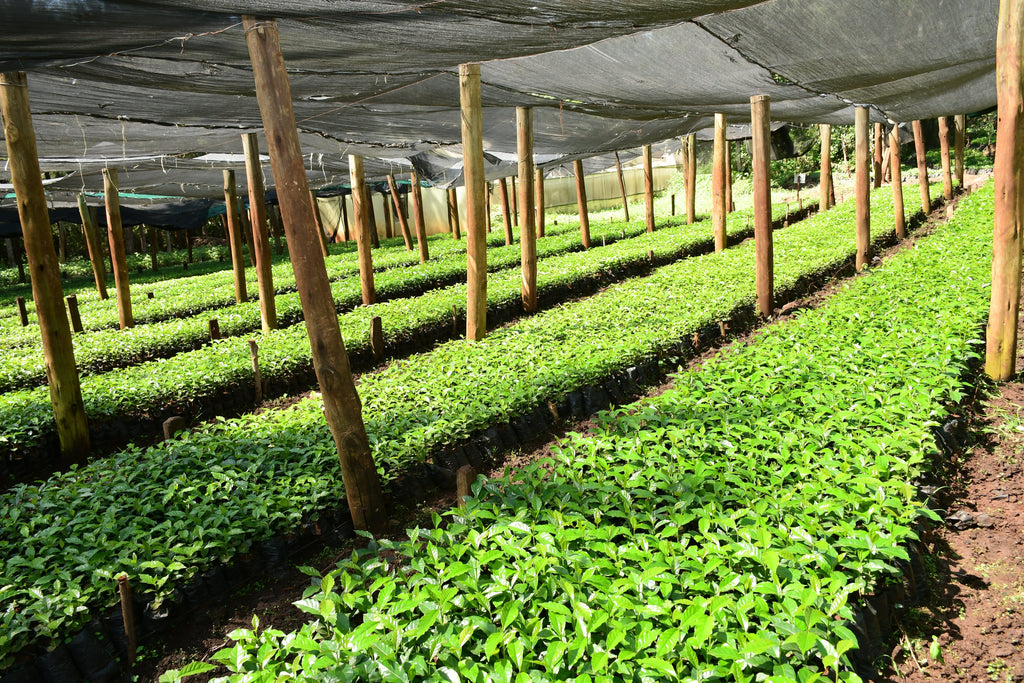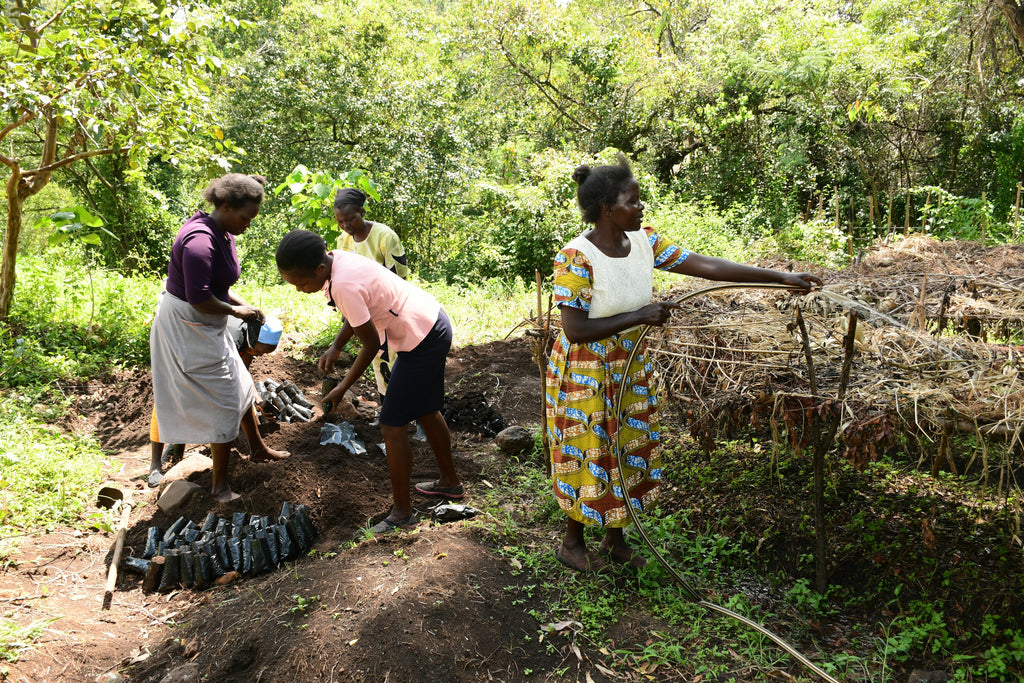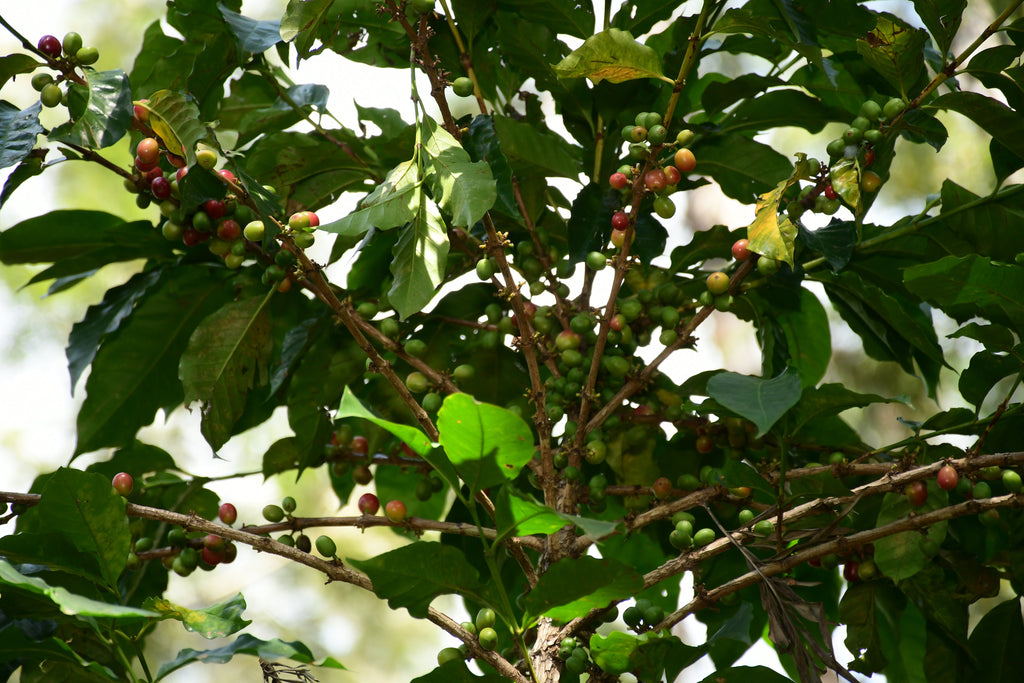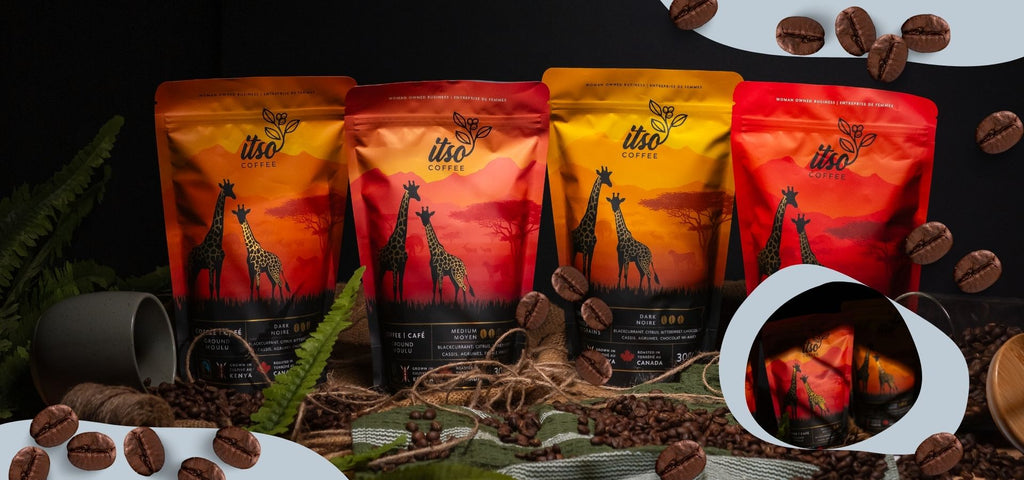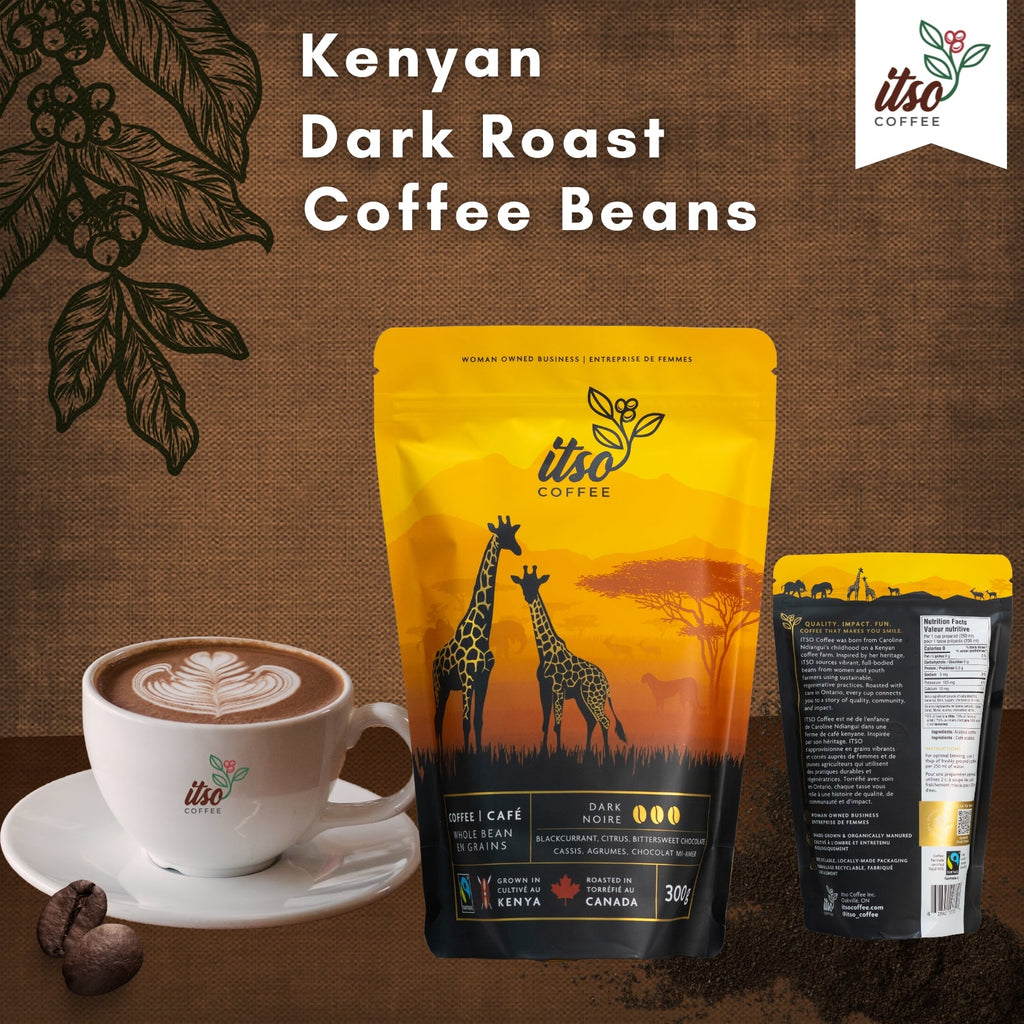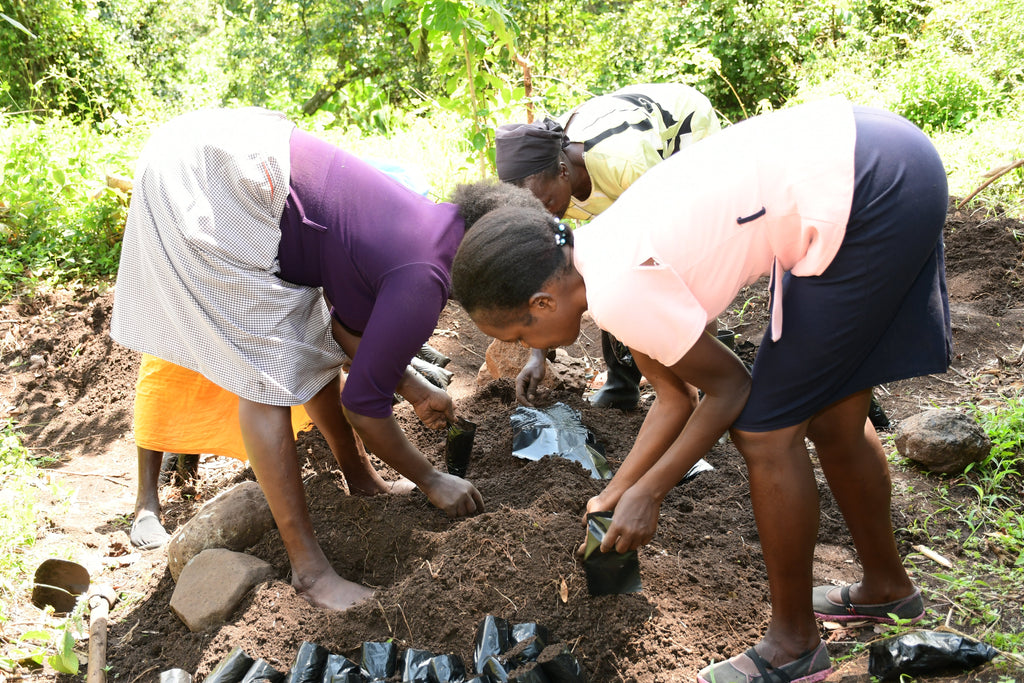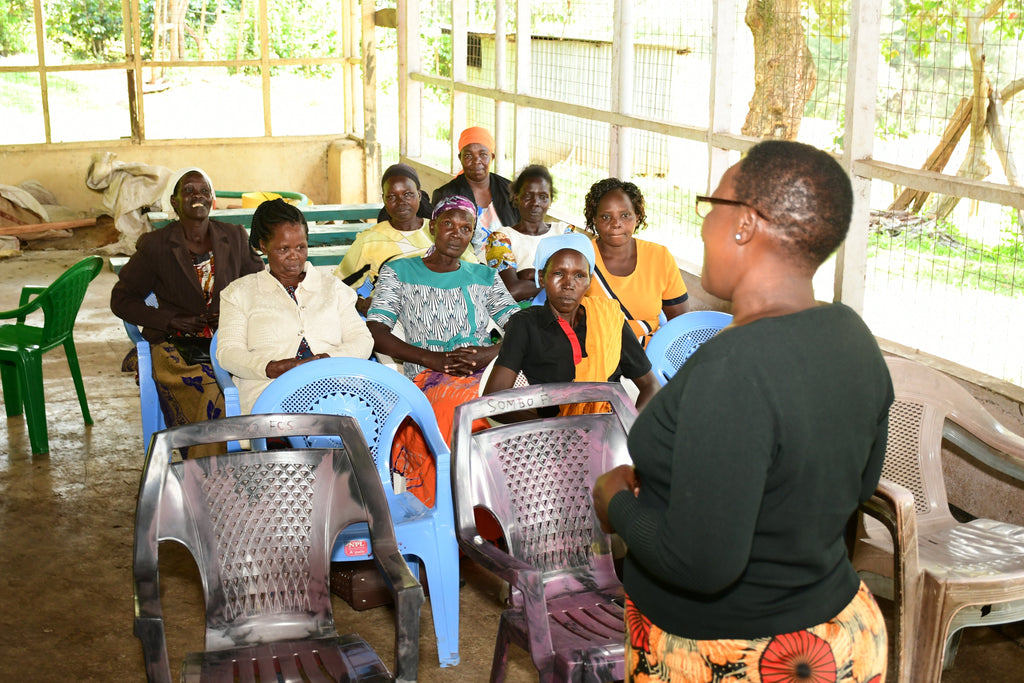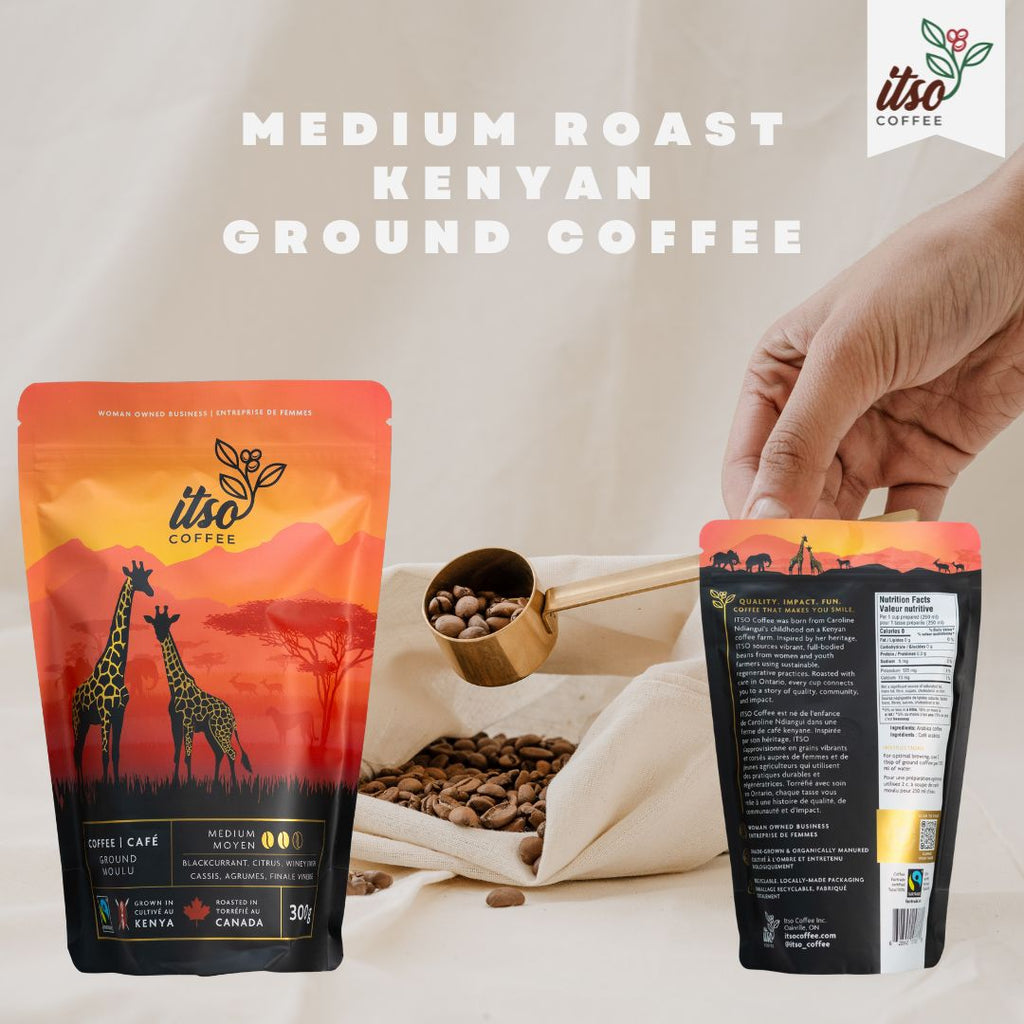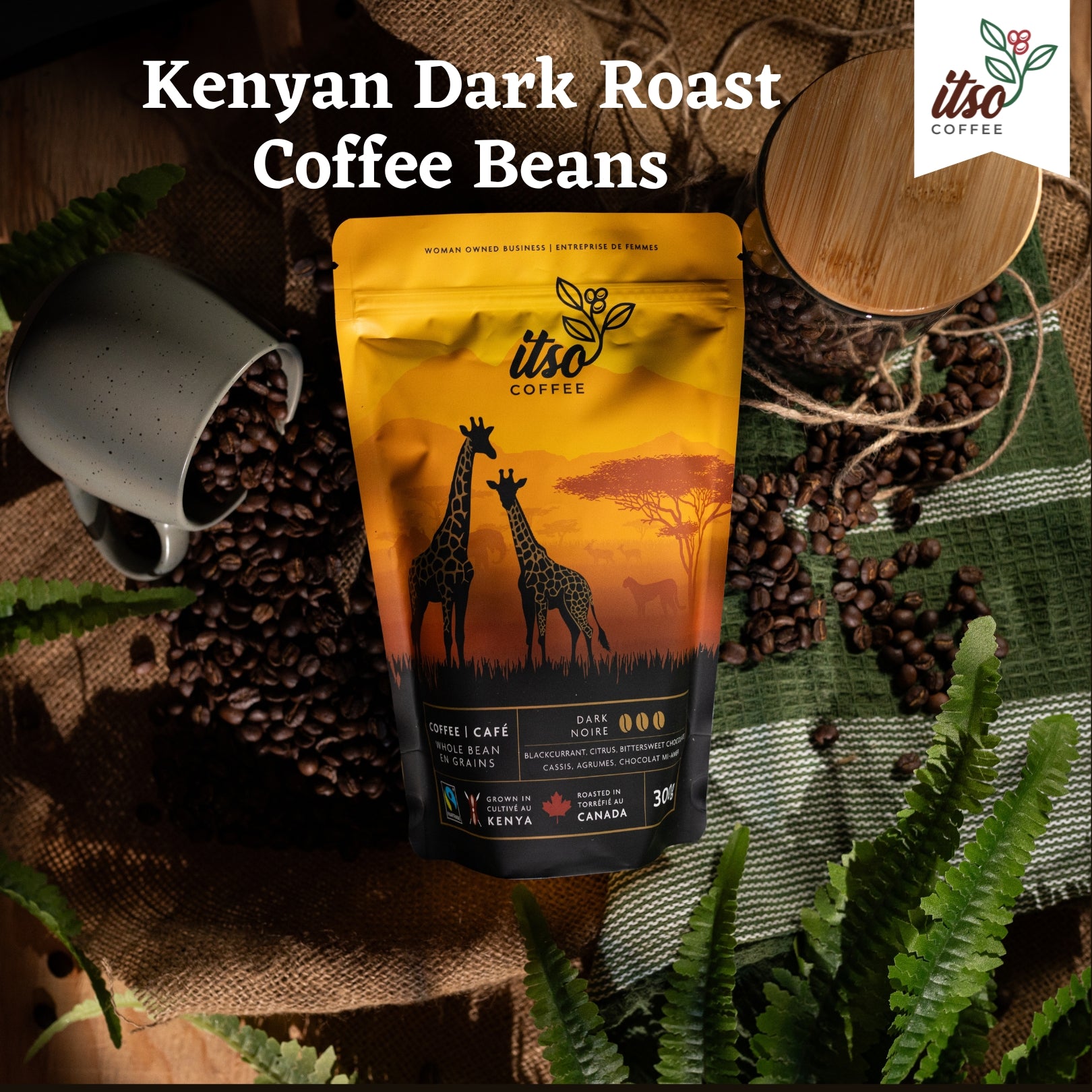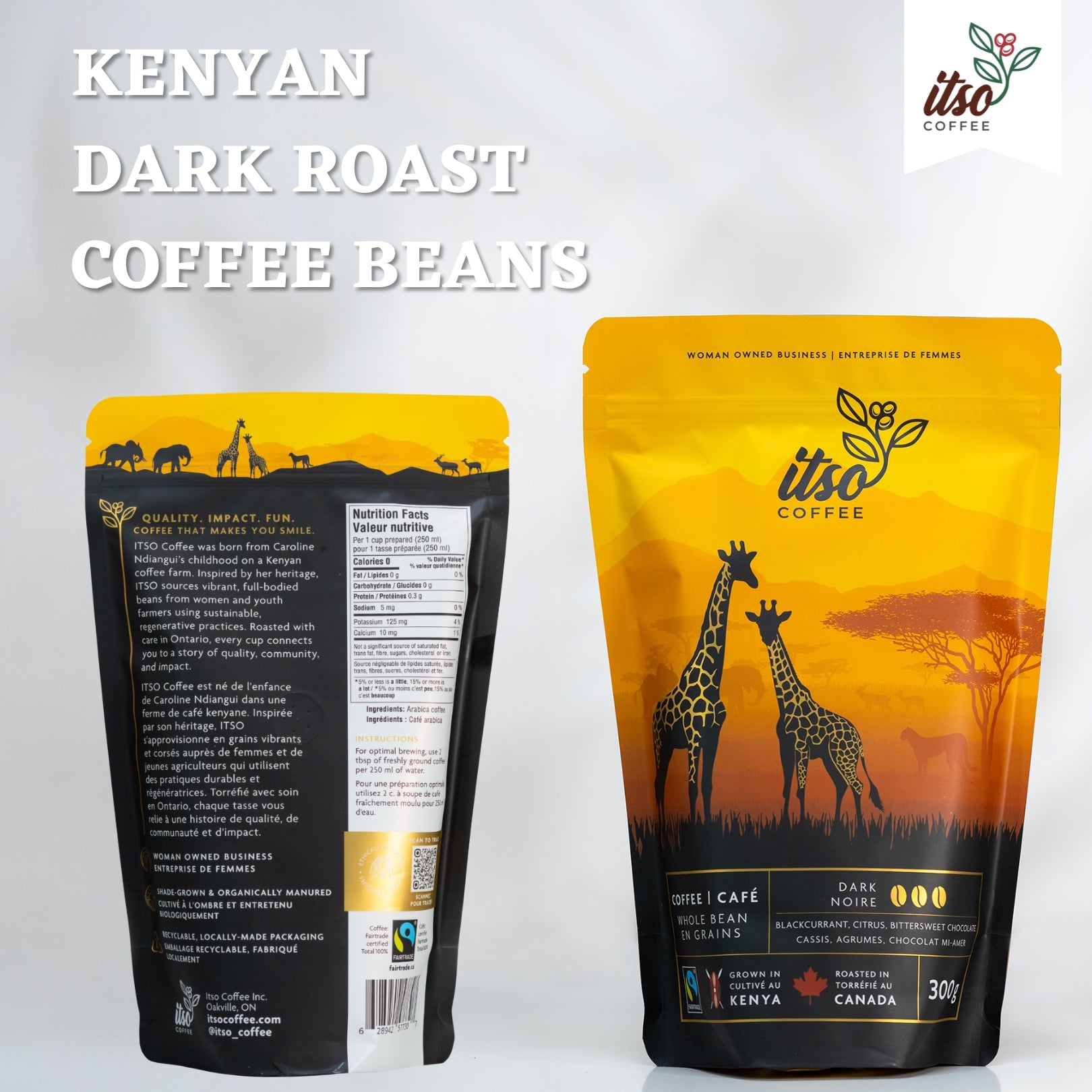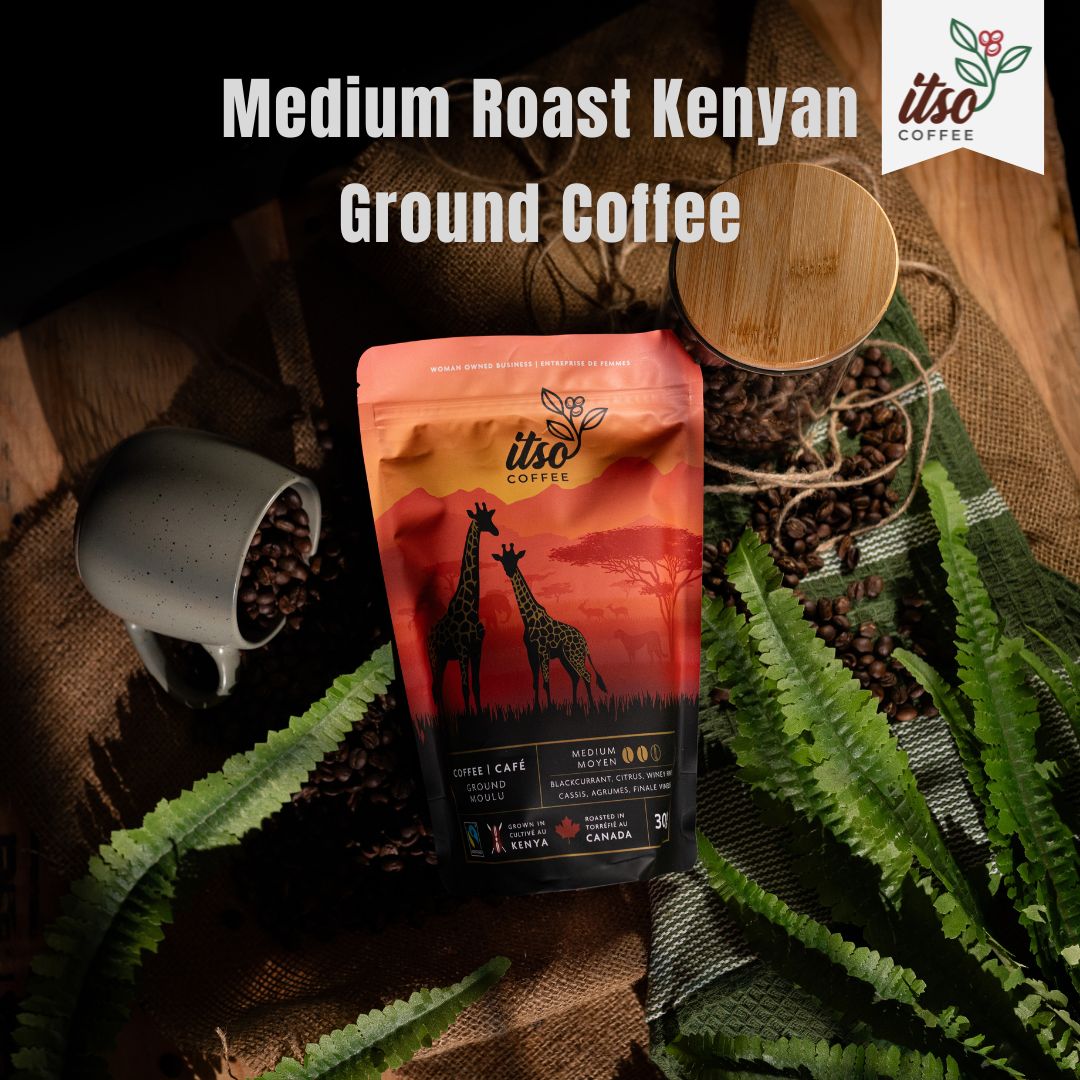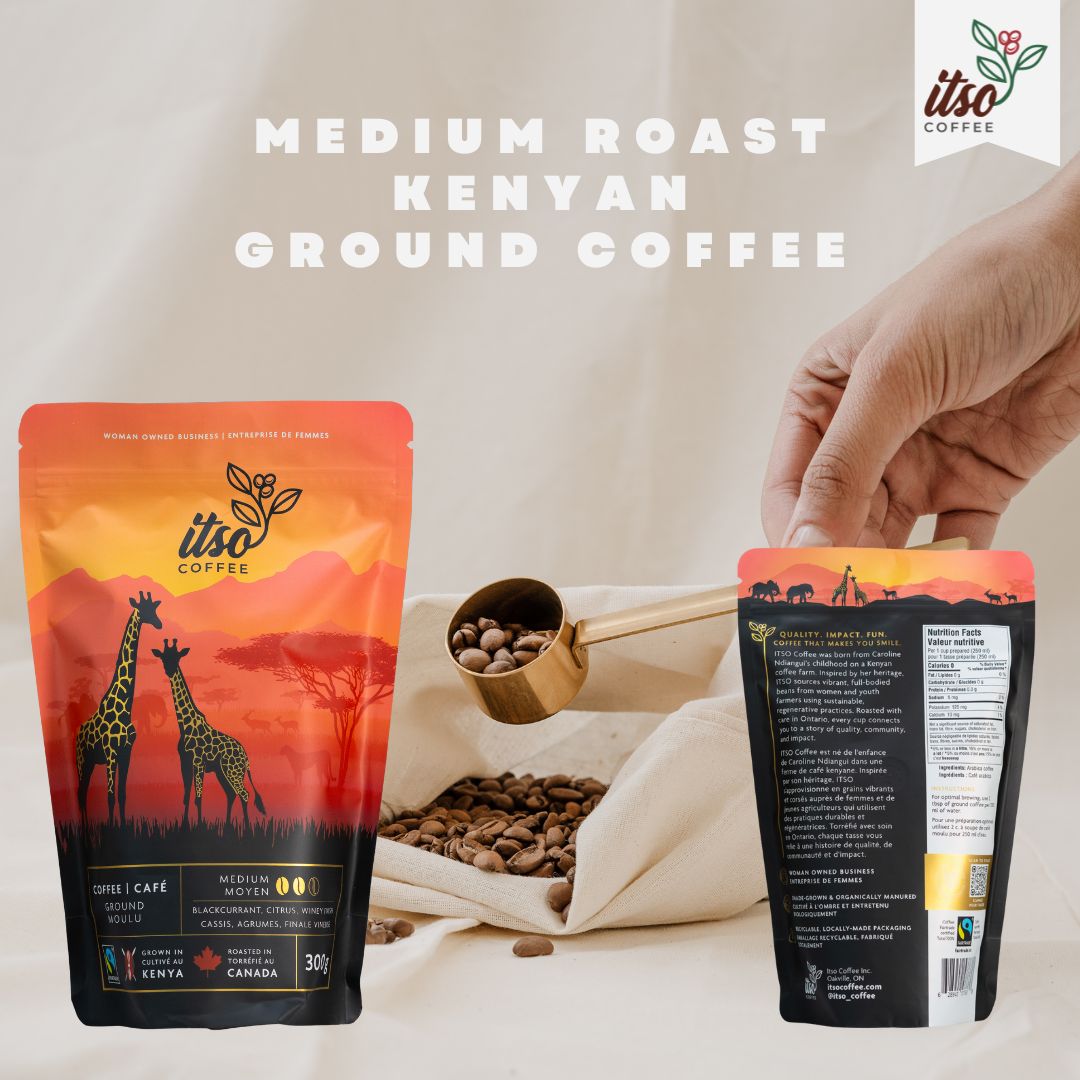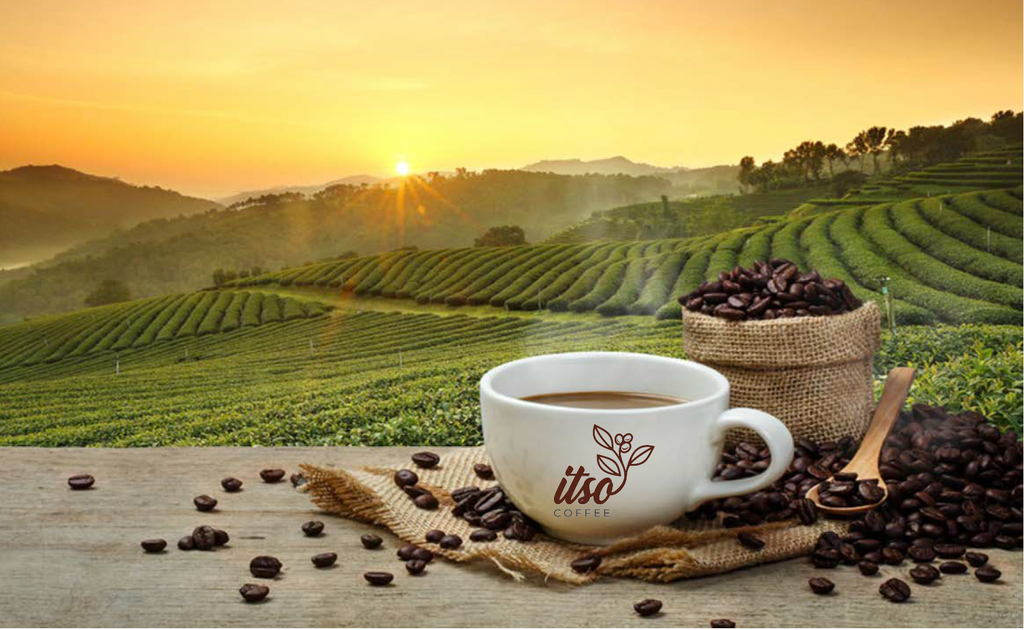
Brewing Sustainability: The Journey of Coffee from Farm to Cup

Coffee, one of the world's most beloved beverages, is not only a morning ritual for millions but also a global industry that touches the lives of millions more. However, behind every cup of coffee lies a complex journey that spans continents and involves numerous stakeholders. In recent years, there has been a growing awareness of the environmental and social impact of coffee production and consumption. This has led to a greater focus on sustainability throughout the coffee supply chain, from the farms where the beans are grown to the cafes where they are brewed. In this blog post, we will explore the journey of coffee from farm to cup, and the efforts being made to ensure that it is a sustainable one.
The Origins of Coffee:

Coffee has a rich and storied history that dates back centuries. Legend has it that coffee was first discovered by an Ethiopian goat herder named Kaldi, who noticed that his goats became more energetic after eating the berries from a certain tree. The practice of roasting and brewing the beans spread to the Arabian Peninsula, where it became an integral part of Islamic culture. From there, coffee made its way to Europe and eventually to the Americas, where it flourished in countries like Brazil and Colombia.
Coffee Farming Practices:

Today, coffee is grown in over 70 countries around the world, with each region producing beans with unique flavors and characteristics. However, coffee farming is not without its challenges. Many coffee-growing regions are located in developing countries with fragile ecosystems and vulnerable communities. In recent years, climate change has posed a significant threat to coffee production, with rising temperatures and unpredictable weather patterns affecting yields and quality.
To address these challenges, many coffee farmers are adopting sustainable farming practices that prioritize environmental conservation and social equity. This includes practices such as shade-grown coffee, which preserves biodiversity and reduces the need for chemical inputs, as well as agroforestry, which integrates trees and other crops into coffee farms to improve soil health and water retention.
Certifications such as Fair Trade and Organic have also played a significant role in promoting sustainability in the coffee industry. Fair Trade ensures that farmers receive a fair price for their beans and invests in community development projects, while Organic certification prohibits the use of synthetic pesticides and fertilizers, promoting soil health and biodiversity.
The Coffee Supply Chain:

Once the coffee cherries are harvested, they undergo a series of processing steps to remove the outer layers and extract the beans inside. This can be done using either the dry or wet method, depending on the region and the desired flavor profile. The beans are then dried, sorted, and shipped to coffee roasters around the world.
Coffee roasting is both an art and a science, as roasters carefully control factors such as temperature and time to unlock the flavors inherent in the beans. However, roasting also requires a significant amount of energy, which can have environmental implications if not managed responsibly.
In recent years, there has been a growing movement towards carbon-neutral and even carbon-negative coffee roasting. This involves offsetting the carbon emissions associated with roasting through measures such as tree planting and investing in renewable energy sources.
The Role of Cafes and Consumers:

Finally, the journey of coffee culminates in the cafes and homes where it is brewed and enjoyed. As consumers become more aware of the environmental and social impact of their purchasing decisions, there has been a growing demand for sustainably sourced and ethically produced coffee.
Cafes play a crucial role in meeting this demand by sourcing beans from reputable suppliers and implementing sustainable practices such as composting coffee grounds and using reusable cups and utensils. Many cafes also engage in community outreach and education efforts to raise awareness about the importance of sustainability in the coffee industry.
As consumers, we also have a responsibility to make informed choices about the coffee we drink. By choosing coffee that is certified organic, fair trade, or shade-grown, we can support farmers who are committed to sustainability and help ensure a brighter future for the coffee industry.
Conclusion:
Coffee is more than just a beverage; it is a symbol of culture, community, and connection. However, the journey of coffee from farm to cup is not without its challenges. Climate change, deforestation, and poverty continue to threaten the sustainability of the coffee industry.
Yet, there is hope. Across the globe, coffee farmers, roasters, cafes, and consumers are coming together to build a more sustainable future for coffee. By adopting practices that prioritize environmental stewardship and social equity, we can ensure that future generations will continue to enjoy the rich and complex flavors of coffee for years to come. So the next time you take a sip of your favorite brew, remember the journey it took to get to your cup, and savor it all the more.
